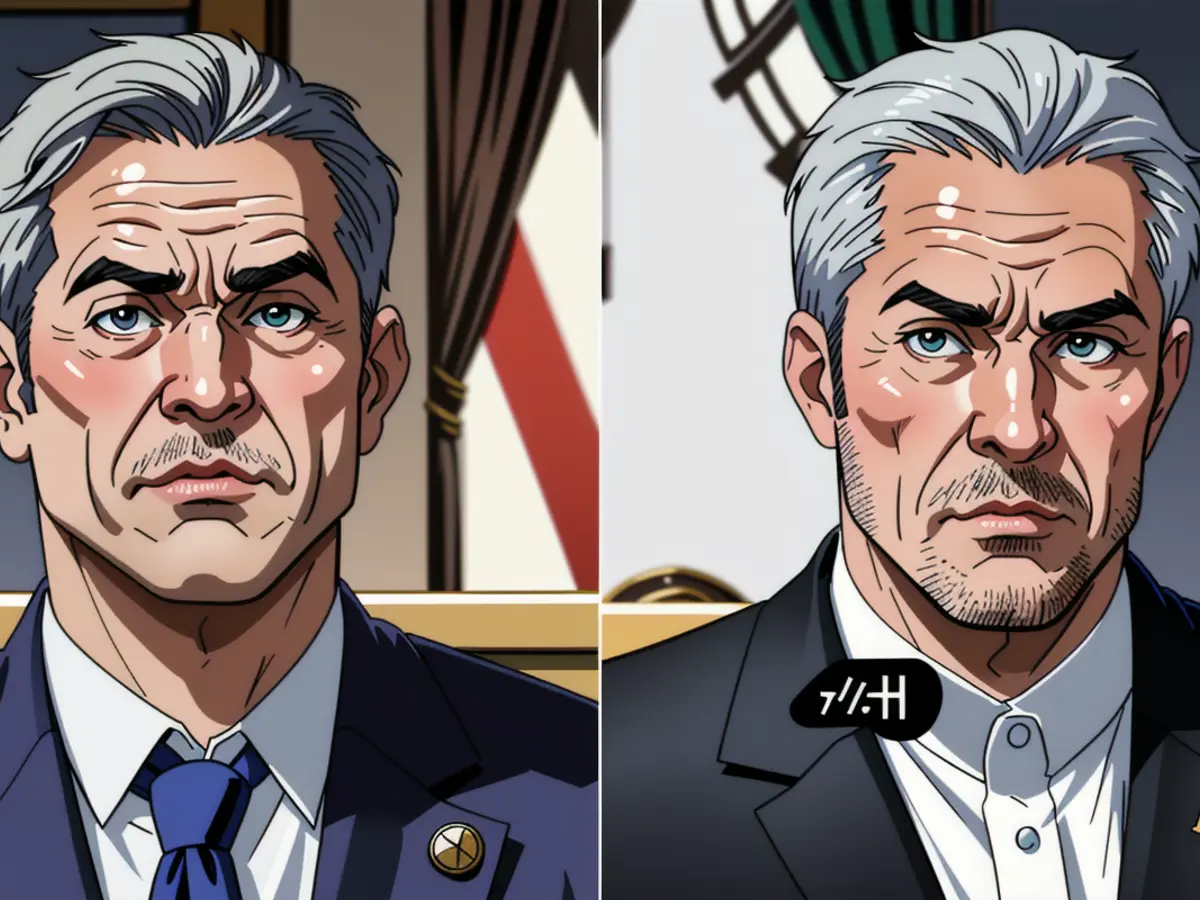US-Iran Nuclear Talks in Rome: A Delicate Dance of Diplomacy
United States and Iran discuss progress in second round of significant nuclear negotiations
After a week of preliminary discussions in Muscat, Oman, the second round of high-level talks between the US and Iranian delegations regarding Iran's nuclear program took place in Rome over the weekend. The high-stakes negotiation was mediated by Oman once more, acting as a bridge between the US team led by Special Envoy Steve Witkoff, and the Iranian team led by Foreign Minister Abbas Araghchi.
Araghchi reportedly signaled a positive tone following the talks, which lasted approximately four hours. "We've made progress," he shared with reporters. "We have reached a better understanding and agreement on some fundamental principles and objectives during these Rome negotiations."
With tensions between these long-standing disputants running high, observers around the globe arecautiously optimistic about the prospects for a diplomatic resolution.
The USA's goal is to halt Iran's production of highly enriched uranium, which they suspect is intended for nuclear weapon development. However, Iran has defended its uranium enrichment activities and suggests it is willing to negotiate compromises, if only to alleviate the financial strain on its struggling economy.
The parties came together once again in Rome with a similar setup to the first round of talks. They did not communicate directly with one another, but instead sat in separate rooms, with Oman's Foreign Minister Badr bin Hamad Al Busaidi playing the role of mediator.
These talks mark a significant opportunity for the two countries to make strides towards easing tensions, and forging a new path forward in their rocky relationship. While the discussions themselves are promising, external pressures, such as regional tensions and potential ulterior motives, could derail any agreements reached.
For example, Israeli officials remain adamant about curbing Iran's nuclear ambitions, advocating for aggressive action instead of diplomacy. Netanyahu's office argues that Israeli operations are the reason Iran does not currently possess a nuclear arsenal. To complicate matters, there are concerns that Israel may attempt to attack Iran's nuclear facilities, according to reports by US intelligence agencies.
As the negotiations continue, it is clear that these delicate talks will require a nimble dance of diplomacy, navigating the complex web of regional politics, international tension, and shifting allegiances. Only time will tell if these discussions will yield a lasting resolution, or if they will merely serve as a brief pause in the ongoing game of cat and mouse between the USA and Iran.
Contributions to this report by CNN's Nic Robertson and Kareem El Damanhoury
[1] AlJazeera English (2022, April 19). US, Iranian delegations meet in Rome in latest round of nuclear talks. Retrieved fromhttp://www.aljazeera.com/news/2022/4/19/us-iranian-delegations-meet-in-rome-in-latest-round-of-nuclear-talks[2] Reuters (2022, April 19). UPDATE 2-U.S., Iran ministers hold talks in Rome, Bushrada says negotiations constructive. Retrieved fromhttps://www.reuters.com/business/energy/update-2-us-iran-ministers-hold-talks-rome-middle-east-diplomat-says-negotiations-constructive-2022-04-19/[3] Middle East Eye (2022, April 18). Israel says it's crucial for Tehran to not get nukes. Retrieved fromhttps://www.middleeasteye.net/news/israel-says-crucial-iran-nuclear-program[4] Washington Post (2022, April 18). US nuclear negotiators push Iran to reverse steps that violate 2015 accord. Retrieved fromhttps://www.washingtonpost.com/world/2022/04/18/us-nuclear-talks-iran/
Enrichment Data
- The second round of high-level talks between US and Iranian delegations on nuclear program took place in Rome on April 19, 2025.
- These discussions aim to find common ground and prevents an arms race in the region, striving for a diplomatic solution rather than military escalation.
- The high-stakes talks are mediated by Oman, with US Middle East envoy Steve Witkoff and Iranian Foreign Minister Abbas Araghchi as key negotiators.
- Important regional players, such as Israel, Saudi Arabia, and Russia, have weighed in on or closely followed the negotiations.
- Both US and Iranian officials have expressed cautious optimism about the talks' progress, with Omani Foreign Minister Badr al-Busaidi highlighting a positive, constructive approach taken by both sides.
- The resumed high-level talks between the US and Iranian delegations, this time in Rome, seek to find a diplomatic solution regarding Iran's nuclear program.
- Oman, acting as a broker, is mediating the talks, with the US Special Envoy Steve Witkoff and Iranian Foreign Minister Abbas Araghchi leading their respective teams.
- The looming question of Iran's intentions with its enriched uranium remains a contentious issue, with the US aiming to halt production, while Iran defends its activities and suggests willingness to negotiate compromises.
- Regional players such as Israel, Saudi Arabia, and Russia have expressed interest in the outcome of these political talks, which, if successful, could potentially prevent an arms race and ease tensions in the region.








